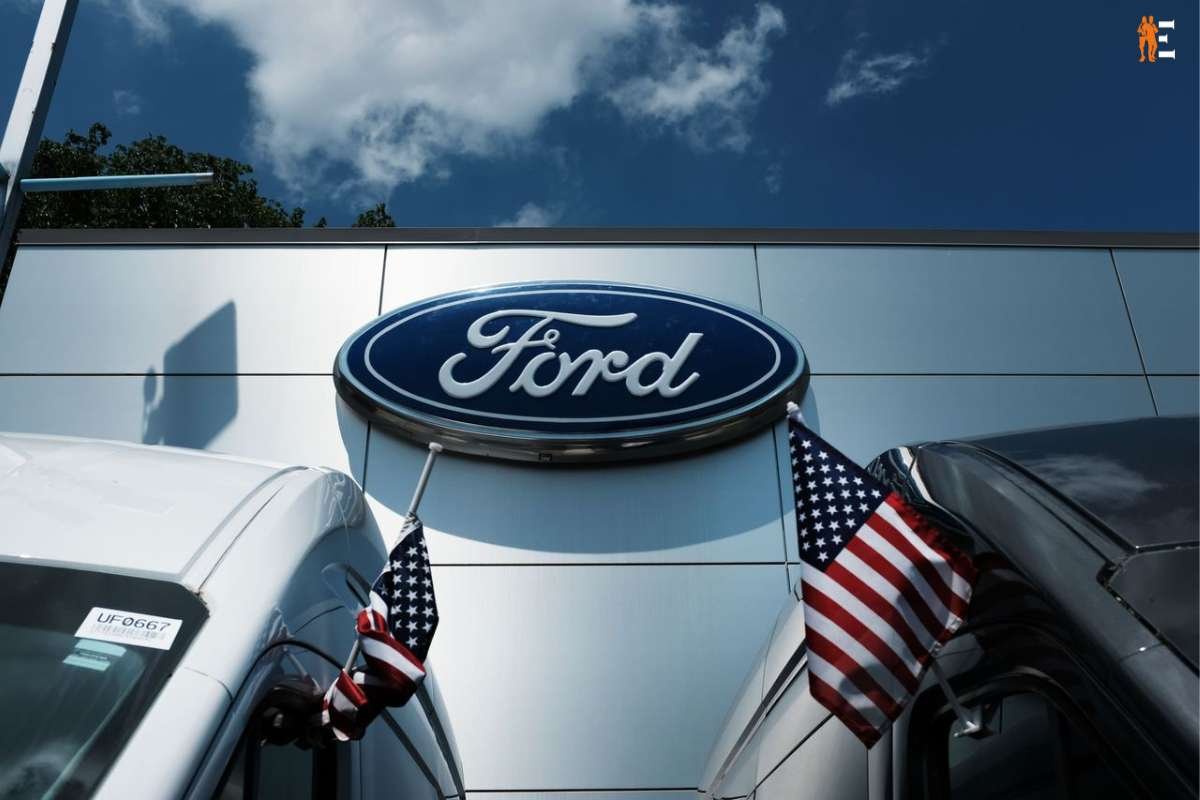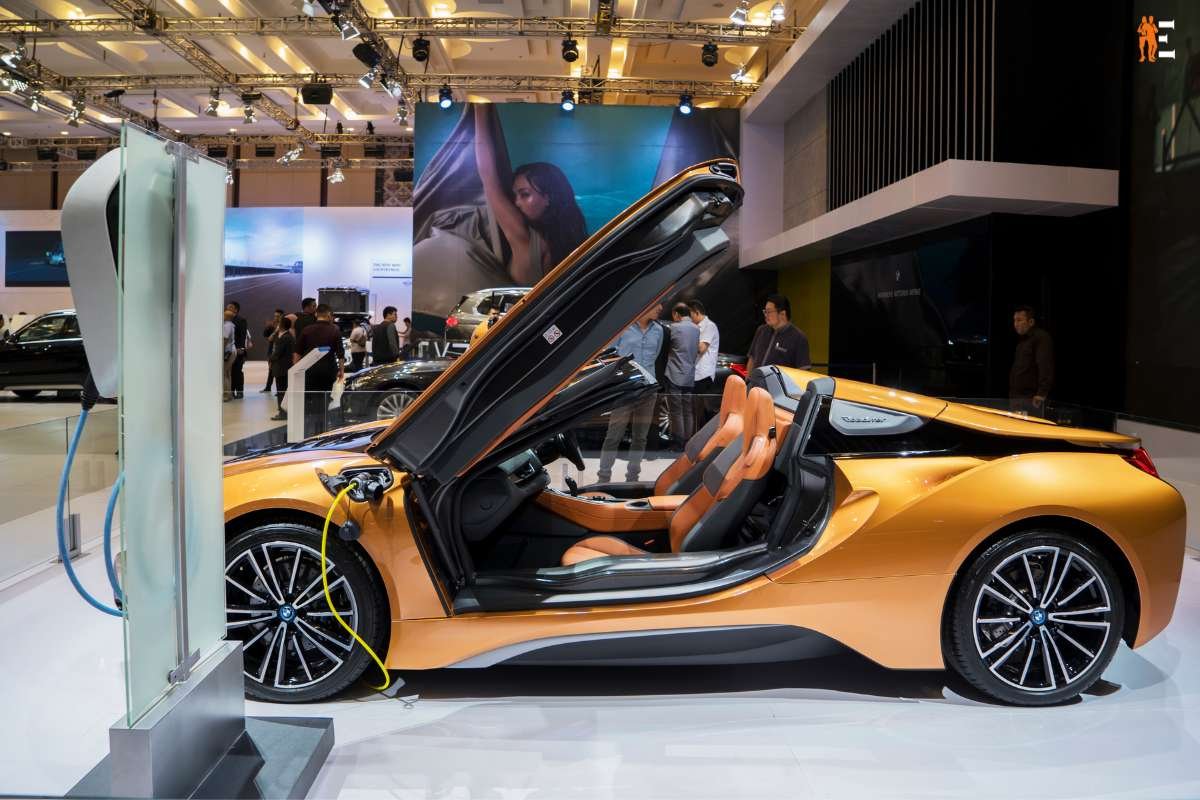Ten world-famous auto industries are not merely manufacturers of vehicles; they are economic powerhouses that drive the world economy forward. Their contributions range from creating millions of jobs to investing in research and development, from advancing technology to promoting sustainability.
The auto industry’s impact on the global market is undeniable, and these companies play a significant role in shaping our world’s economic landscape. As they continue to innovate and adapt to changing consumer demands and environmental concerns, their influence on the world market is set to grow even further.
Here are 10 World-Famous Auto Industries Driving the Global Economy
1. Toyota (Japan)
Toyota, headquartered in Japan, is a household name known for its commitment to quality, innovation, and sustainability. With a presence in over 170 countries, Toyota is one of the largest automobile manufacturers globally. Their impact on the global economy is immense, as they provide millions of jobs directly and indirectly through their extensive supply chain.

Global Economic Impact: Toyota’s contributions to the global economy can be seen in the form of investments in research and development, manufacturing facilities, and contributions to local communities.
2. General Motors (United States)
General Motors, often referred to as GM, is a titan in the American auto industry. Founded in 1908, GM has been a pioneer in developing various car brands, such as Chevrolet, Cadillac, and GMC. GM’s impact on the world economy is felt through its substantial production volumes and a vast network of dealerships around the world.
Global Economic Impact: GM’s operations create jobs, stimulate local economies, and contribute to the broader global supply chain, making it a key player in the world economy.
3. Volkswagen Group (Germany)
Volkswagen, a German automaker, has established itself as a leader in the global automotive market. Known for its iconic Volkswagen Beetle and diverse range of brands, including Audi, Porsche, and Lamborghini, the Volkswagen Group holds a significant share of the global car market.
Global Economic Impact: Volkswagen’s influence on the global market can be attributed to its role in driving innovation, promoting sustainable transportation, and contributing to Germany’s export-led economy.
4. Ford Motor Company (United States)
Founded in 1903, the Ford Motor Company is one of the pioneers of the modern automobile industry. It is renowned for introducing assembly line production techniques that revolutionised manufacturing. Ford’s impact on the worldwide economy is profound, with operations spanning six continents.

Global Economic Impact: Ford’s contributions to the world economy is evident through its manufacturing facilities worldwide, employment generation, and investment in research and development.
5. Honda (Japan)
Honda, another Japanese automaker, is celebrated for its reliable and fuel-efficient vehicles. The company’s influence on the worldwide economy is considerable, as they manufacture a wide range of products, including motorcycles, automobiles, and power equipment.
Global Economic Impact: Honda plays a vital role in the global economy by exporting vehicles, supporting local communities, and advancing environmental sustainability.
6. Hyundai Motor Company (South Korea)
Hyundai, based in South Korea, has emerged as a global automotive powerhouse. Known for its affordable and quality vehicles, Hyundai has expanded its operations across the world. It has manufacturing plants in various countries, contributing significantly to the local and global economies.
Global Economic Impact: Hyundai’s commitment to research and development, job creation, and global exports underscores its significance in the global economy.
7. Nissan (Japan)
Nissan, part of the Renault-Nissan-Mitsubishi Alliance, is a prominent player in the automotive industry. The company has a substantial global presence, with manufacturing facilities and a diverse product lineup.
Global Economic Impact: Nissan’s contributions to the global economy include technological innovations, trade, and job opportunities, strengthening its position as a global economic driver.
8. BMW Group (Germany)
BMW, based in Germany, is synonymous with luxury and performance. The BMW Group includes brands like BMW, MINI, and Rolls-Royce, catering to a wide spectrum of customers worldwide. The company’s impact on the world economy extends beyond just luxury vehicles.

Global Economic Impact: BMW’s influence on the world marketplace is evident through its high-quality manufacturing, global supply chain integration, and investments in electric and autonomous vehicle technologies.
9. Kia Corporation (South Korea)
Kia, a subsidiary of Hyundai Motor Company, has been steadily gaining ground in the global automotive market. Known for its affordability and reliability, Kia’s products appeal to a broad customer base worldwide.
Global Economic Impact: Kia contributes to the global economy by manufacturing vehicles in multiple countries, creating jobs, and investing in research and development.
10. Tesla, Inc. (United States)
Tesla, led by Elon Musk, has disrupted the automotive industry by focusing on electric vehicles (EVs) and renewable energy solutions. Although relatively young compared to other giants on this list, Tesla has a remarkable impact on the global economy due to its innovations and influence on the transition to sustainable transportation.
Global Economic Impact: Tesla’s pioneering work in EVs and energy solutions not only contributes to job creation but also accelerates the global transition to clean and sustainable energy sources, making it a pivotal player in the global economy.
Conclusion:
In our exploration of these ten world-famous auto industries, we have uncovered the immense impact they wield upon the world economy. They are not merely corporate entities but rather integral pillars upon which our interconnected world stands. Their influence transcends national borders, encompassing innovation, employment, and economic growth.
As we witness the ever-accelerating pace of change in the automotive industry, driven by advancements in electric vehicles, autonomous driving, and sustainable practices, it becomes increasingly clear that these giants will continue to be at the forefront of global economic transformation. Their unwavering commitment to quality, sustainability, and technological innovation ensures that they remain not only relevant but indispensable in shaping the future.
In essence, the world’s auto industries are not just drivers of cars; they are the engines that power the global economy, propelling us into an era of unprecedented growth and opportunity. As we move forward, we can expect these auto industries to steer us toward a more sustainable, connected, and prosperous world.











